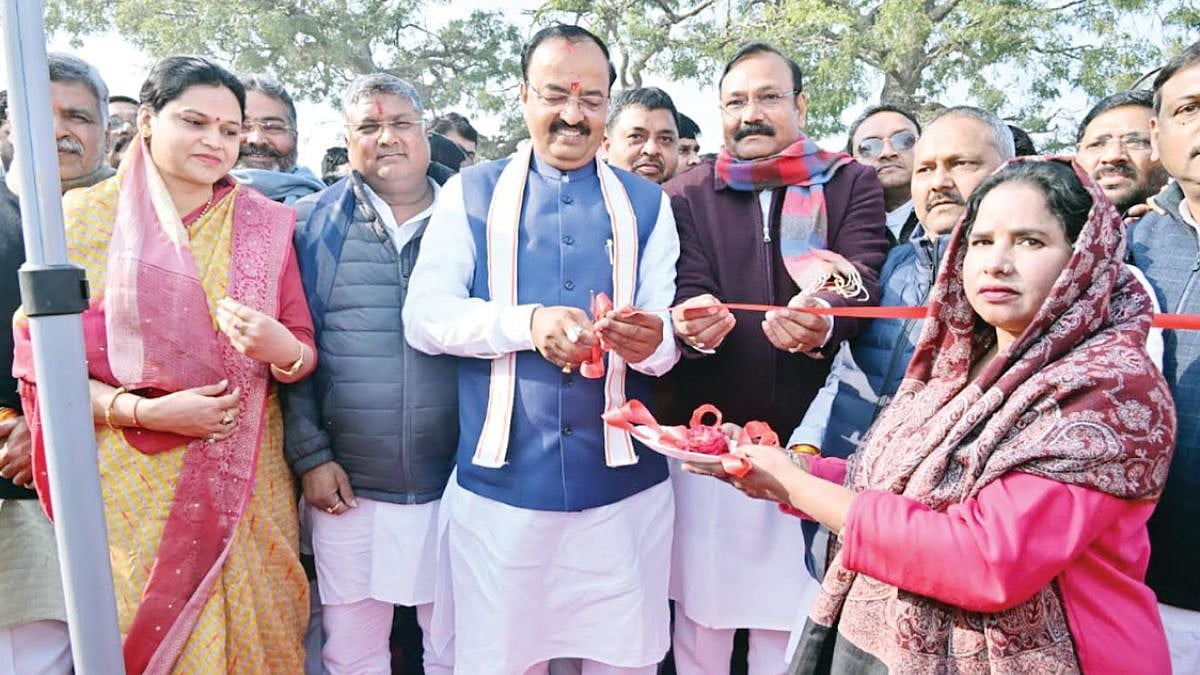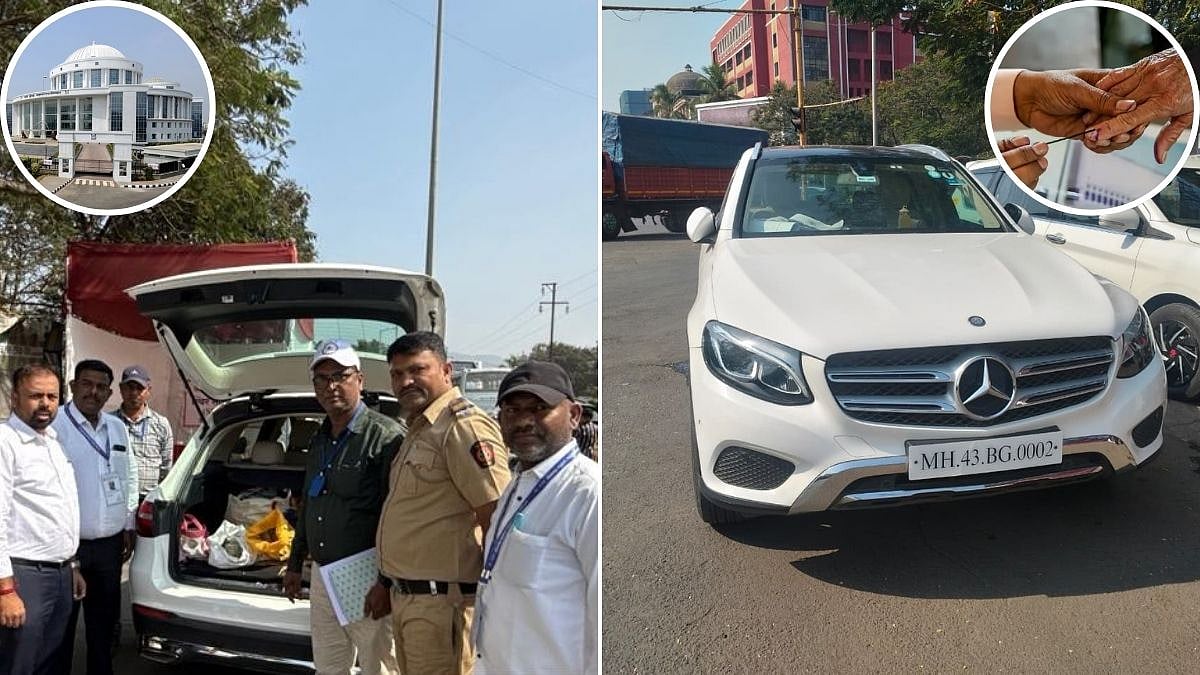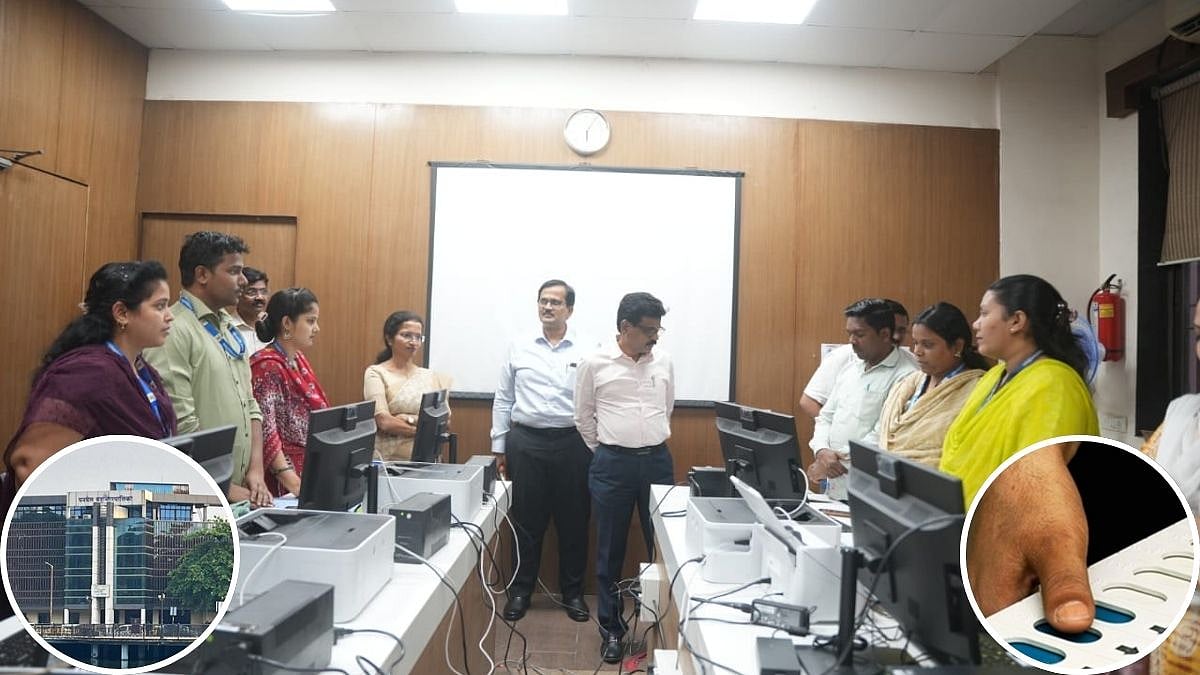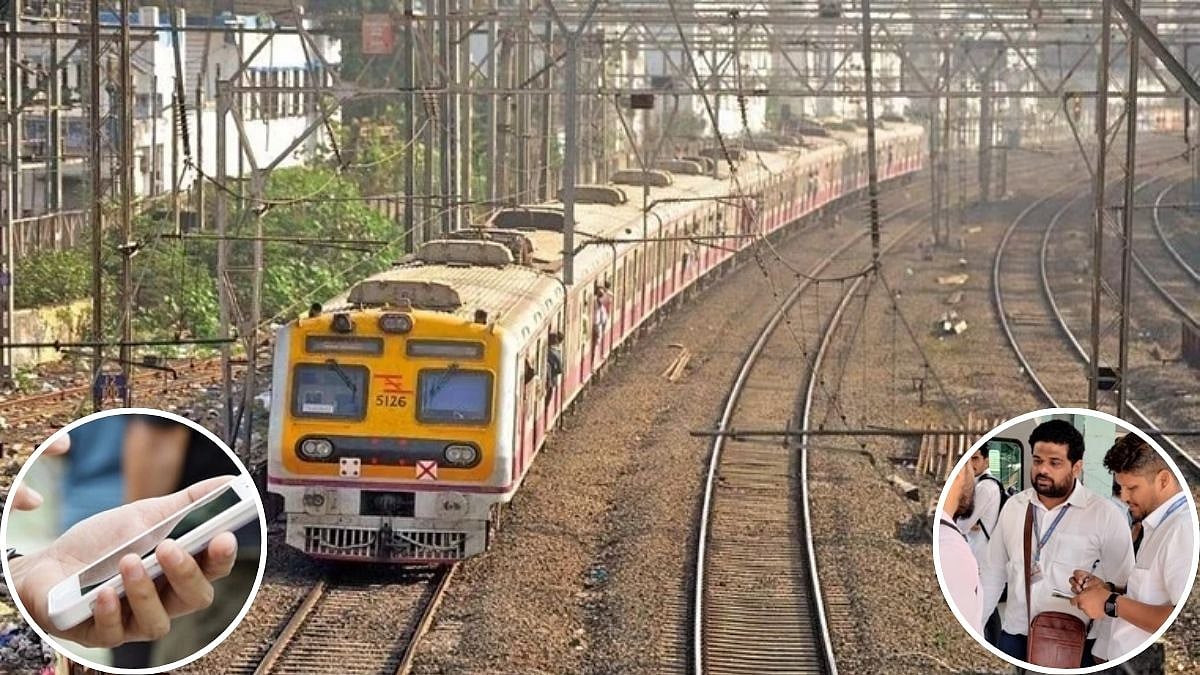While Muslim leaders have expressed disgruntlement about Chief Minister Uddhav Thackeray’s call to celebrate Bakri Eid symbolically along with the state government’s guidelines on the issue, a progressive Muslim group, the Muslim Satyashodhak Mandal (MSM) has appealed to the community to donate blood instead of sacrificing animals.
The mandal was launched by Hamid Dalwai, a campaigner against religious fundamentalism, reformer and writer, in March 1970 as a Muslim reformist movement. Much before it was banned by the Supreme Court, Dalwai had organised a morcha of Muslim women at the receiving end of oral, one-sided divorce at the state administrative headquarters of Mantralaya on April 18, 1966.
“This is an attempt to give a human face to a religious festival. Like Ramzan Eid, there is a tradition of people praying in groups and purchasing goats from markets to sacrifice them on Bakri Eid. However, this will further COVID-19 transmission. It is necessary to donate blood in an act that goes beyond the boundaries of caste and religion instead of spilling an animal’s blood,” urged its president Shamshuddin Tamboli.
He added that instead of pegging the debate over allowing Muslims to celebrate Bakri Eid to religious freedom and faith, it was the basic duty of all to maintain the health of the society during a global pandemic.
“Qurbani (or sacrifice of goats on Bakri Eid) means an act of sacrifice or renouncing something close to one's heart. Hence, Muslims must come forth and donate blood and plasma for the larger society, including non-Muslims,” said Tamboli. Such blood donation drives will be organised by mandal activists across Maharashtra, including Pune, Panvel and Jalna.
MSM activists have also decided to donate the expense that would have been incurred on Bakri Eid to the Chief Minister's Relief Fund (CMRF), and an amount of Rs 51,000 will be contributed to it to mark the mandal entering its 51st year.








